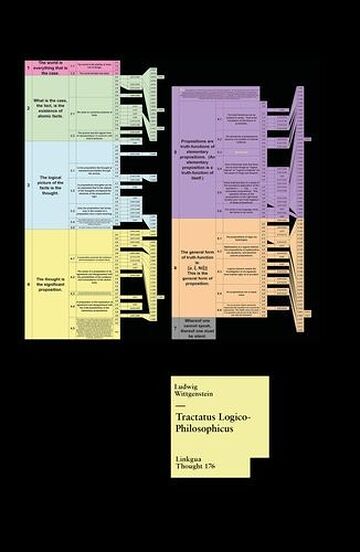Ludwig Wittgenstein
Autor
Nace en Viena en 1889, en el seno de una acaudalada familia de industriales. Tras cursar estudios en la Escuela Técnica Superior de Berlín-Charlottenburg y en la Universidad de Manchester, donde realiza experimentos aeronáuticos, entre 1911 y 1914 se forma en la Universidad de Cambridge con los filósofos B. Russell y G. E. Moore y traba amistad con el economista J. M. Keynes. Durante su estancia en el frente de guerra (1914-1918) trabaja en lo que luego será el Tractatus logico-philosophicus, cuya redacción definitiva es del verano de 1918. La edición bilingüe alemán-inglés, con el prólogo de Russell, se publica en 1922. Decide hacerse maestro de escuela en Austria, actividad que ejerce hasta 1926. En 1927 mantiene conversaciones con miembros del llamado Círculo de Viena (Schlick, Waismann, Carnap, Feigl). En 1929 regresa a Cambridge, doctorándose con el Tractatus como tesis. Recibe una beca y comienza a trabajar en lo que finalmente serán las Investigaciones filosóficas, que no acabará hasta 1949. Textos de los años treinta son Gramática filosófica (1931- 1932), los llamados Cuaderno azul y Cuaderno marrón y Observaciones sobre los fundamentos de las matemáticas (1938). En 1939 se le concede la nacionalidad inglesa y es nombrado profesor de filosofía en Cambridge como sucesor de Moore. Tras trabajar como voluntario durante la guerra, reanuda la docencia y es nombrado presidente del Moral Science Club. En 1946 imparte cursos sobre filosofía de la psicología. Ordena en 1949 destruir todos sus diarios, de los que solo se salvarán tres. De 1951 es su último escrito, Sobre la certeza. Fallece en este mismo año.

